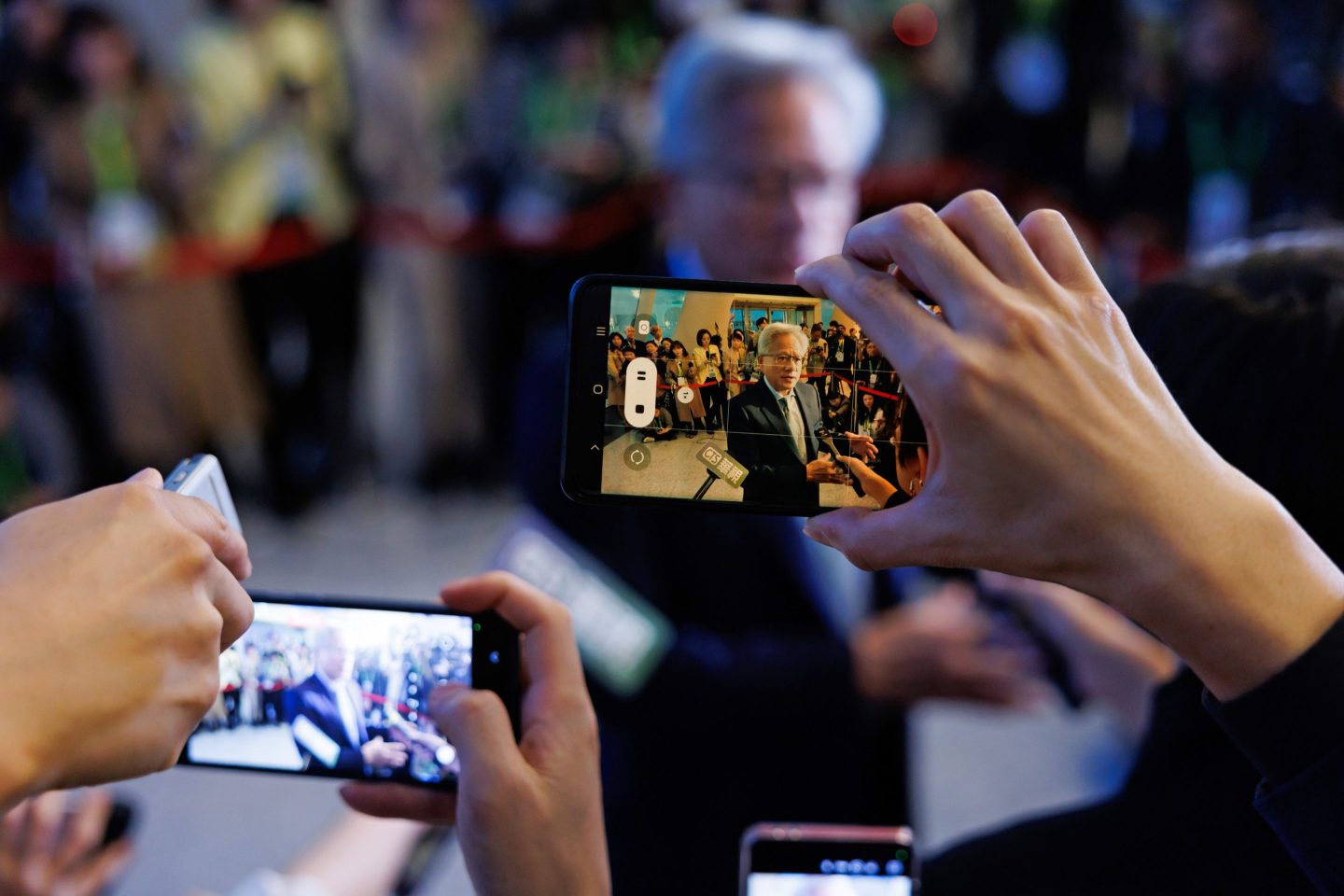Welcome to Worksheet, a newsletter about how people are working smarter in these turbulent times.
Every week, this newsletter will share analysis on the state of work by S. Mitra Kalita, a veteran media executive, author, and journalist.
In this week’s edition, Kalita looks at what entrepreneurs who recently started businesses have learned during the pandemic.
Liz Eddy and Alyssa Ruderman started Lantern, an end-of-life planning company, and realized the depth of their commitment to each other.
“We basically got married, just without the DJ,” said Ruderman, Lantern’s chief operating officer. “When we filed the incorporation papers for Lantern, Liz was the only person in my life that I was legally bound to.”
The co-founder relationship is perhaps the single most important in a company. There are quizzes and compatibility questions for potential founders to ask before they go into business together. Meanwhile, reams have been written on managing up and managing down, less so about managing across. Startups, scrappy and predictive by nature, offer broad lessons and application to the future of collaborative, complementary work. What does it mean to really work with someone instead of for them? That’s a question all of us, regardless of the size of our workforce, need to get more comfortable with in the post-pandemic economy.
What to ask before you commit
A list of key questions Eddy shared:
- Do you align on the overall vision and core values of the business?
- Are your communication styles compatible?
- Are you comfortable with delivering and discussing both good news and bad?
- Do you have similar ideas on how the company can/should exit?
- Are you both comfortable with the unknown of start ups? The highs and lows?
- Are you naturally cheerleaders for one another? Do you feel positive and excited about the future of the business and each other after being together?
Her co-founder’s list had a lot of overlap—with two additions. Ruderman said: “Can you disagree? We have one key rule when we disagree and it’s to always assume best intentions. Because of this rule, we can argue with respect and without defensiveness and ultimately land on the same page.” And don’t forget: “Do you like each other? This one is simple. You’re about to spend a ton of time with this person.”
Kalita goes on to write about what other lessons entrepreneurs have learned during the pandemic.
Read her full column here.
Wondering what else the future of work holds? Visit Fortune‘s Smarter Working hub presented by Future Forum by Slack.
This week's reads
When workplaces try to avoid conflict, they miss out on chances to innovate. (Fast Company)
A bookshop in Philadelphia is blending business with social justice (The Plug)
Mass testing at school and work is about to become our new normal (The New York Times)












